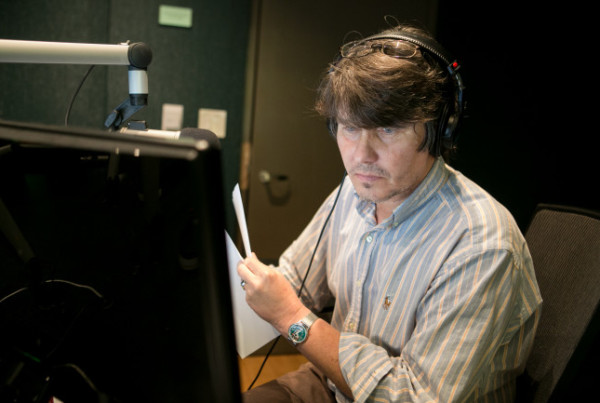This morning the Texas Court of Criminal Appeals dismissed the second and final felony charge of abuse of power against former Gov. Rick Perry.
Texans for Public Justice (TPJ) originally filed a complaint in June 2014 against Gov. Rick Perry, which led to his felony indictment. TPJ director Craig McDonald says he wasn’t surprised with this morning’s decision, but he was “disappointed.”
“I think if anyone who sat through the oral arguments in this case and who had read what we thought was a very partisan ruling from the Third Court of Appeals before it got to the highest court, I don’t think anyone would be surprised with today’s outcome,” he says. “There were two dissenting votes out of the eight – so we’re happy about that – but it looks like this case is going away.”
McDonald says the real story is the impact on “governors who believe that they can abuse their power.”
“It was about the threat of a veto… Perry vetoed that legislation to wipe out the public integrity unit, a good government watchdog,” he says. “The only watchdog this state has.”
TPJ believes Perry tried to disband the Travis County District Attorney Office’s Public Integrity Unit because, at the time, it was investigating possible contracting scandals in his administration. Outside the immediate political implications of how this case would affect Perry in particular, McDonald says the broader context is one of accountability at the state level. The Public Integrity Unit was the only unit in state government to investigate and prosecute political crimes.
“Most of its work has been prosecuting Democrats over the years,” he says. “It’s only recently that the Republicans in power have politicized it.”
The political battle over the Public Integrity Unit stemmed from the Tom DeLay indictment in 2005. Now, it falls to local offices to investigate potential political crimes. The vast majority of statewide officials are Republicans, but McDonald says that doesn’t make investigations inherently political. He says it’s the nature of a watchdog office, much like a hometown district attorney.
“To change that and to undermine that turns our whole criminal justice system on its head,” he says. “There is some concern that the court here decided to decide this issue before the facts of the case were brought out at the trial court.”















